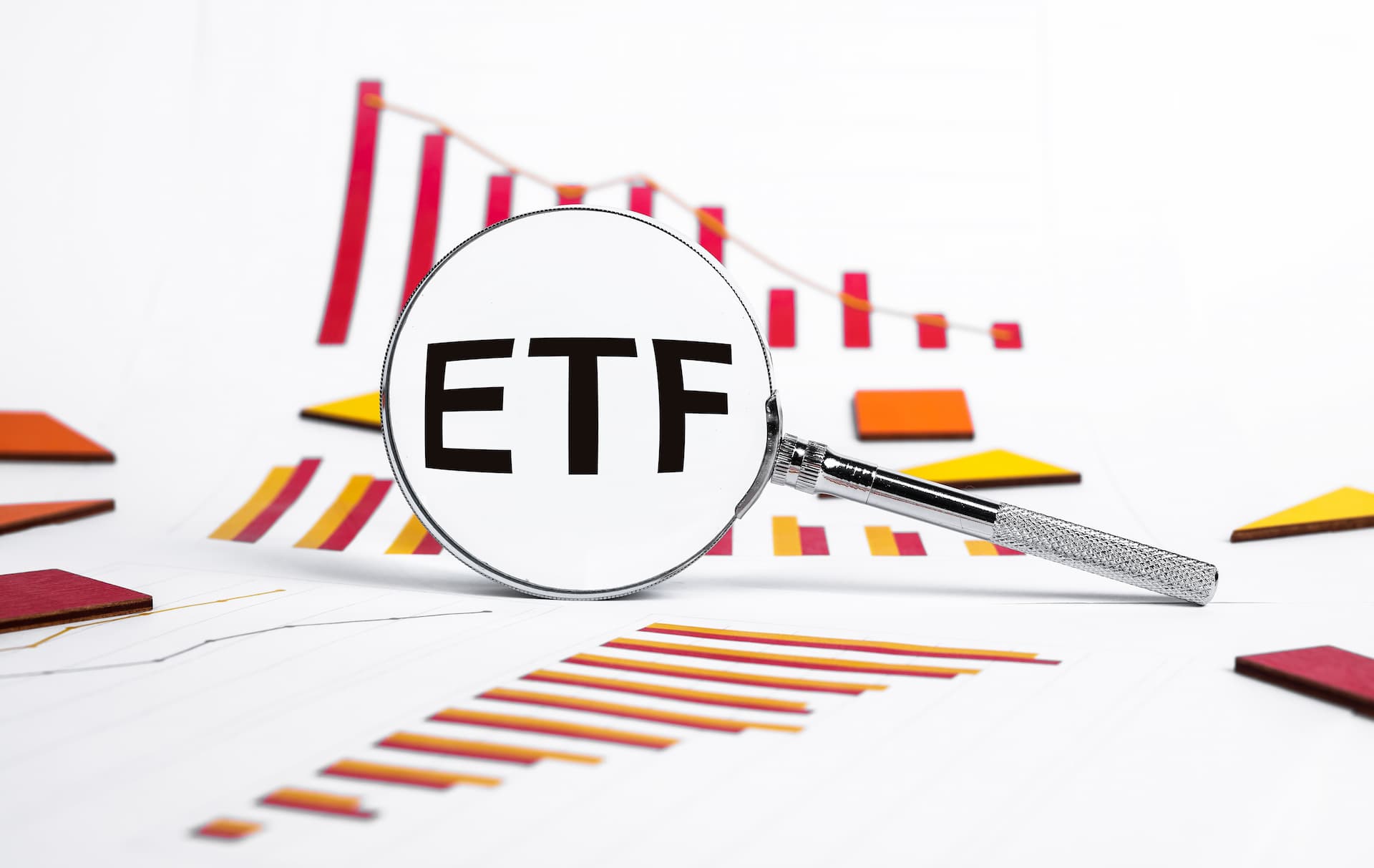Popular Technical Indicators: Moving Averages, RSI, MACD Explained
Technical indicators are essential tools for traders to analyze market trends, identify potential trading opportunities, and make informed decisions.

Technical indicators are vital tools for traders to analyze market trends, pinpoint potential trading opportunities, and make informed decisions. Among the numerous technical indicators available, Moving Averages, Relative Strength Index (RSI), and Moving Average Convergence Divergence (MACD) stand out as some of the most versatile and widely used indicators in technical analysis.
Moving Averages
Moving averages are designed to smooth out price data over a specified period, thus providing a clearer picture of the underlying trend. This is achieved by calculating the average price of a security over a certain number of periods.
- Types: There are different types of moving averages, including the Simple Moving Average (SMA), which calculates the average of prices over a specified number of periods, and the Exponential Moving Average (EMA), which gives more weight to recent prices and reacts more quickly to price changes.
Traders often use moving averages to create trading strategies. For instance, a strategy might involve buying or selling when the price crosses the moving average. To understand the diverse applications of moving averages in different trading strategies, you can explore various resources that detail how these indicators are implemented in the forex market.
Role in Trading
Trend Identification
Moving averages are instrumental in helping traders identify trends by plotting average prices over time and smoothing out short-term fluctuations. This allows traders to focus on the broader trend rather than the noise of daily price movements. By analyzing the direction and slope of the moving average, traders can determine whether a market is trending upwards, downwards, or sideways. If you're interested in trend-following strategies using moving averages, exploring strategies applied in the stock market can provide valuable insights.
Support and Resistance Levels
Moving averages also function as dynamic support or resistance levels, indicating potential buying or selling opportunities. For instance, a price that falls to the level of a moving average and then rises might find support, while a price that rises to the level of a moving average and then falls might face resistance. Understanding how moving averages integrate with technical analysis tools can enhance your ability to identify these levels and make strategic trading decisions.
Relative Strength Index (RSI)
The Relative Strength Index (RSI) is a momentum oscillator that measures the speed and change of price movements. It evaluates overbought or oversold conditions of an asset, with readings typically between 0 and 100.
- Calculation: The RSI is calculated using the average gains and losses over a specified period, usually 14 days. A reading above 70 is generally considered overbought, while a reading below 30 is considered oversold.
For traders looking to identify market reversals, the RSI is a critical tool. To explore RSI strategies tailored for identifying market reversals in cryptocurrency trading, you can delve into specialized strategies and methods.
Application in Trading
Signal Generation
The RSI generates signals based on its readings. For instance, a reading above 70 might indicate a potential price reversal or a trend continuation, while a reading below 30 might suggest an upcoming price increase. Learning about different oscillator indicators, including the RSI, can provide deeper insights into their use for technical analysis in commodities trading.
Confirmation Tool
When used alongside other technical indicators or chart patterns, the RSI serves as a confirmation tool. It can validate signals generated by other indicators, thus enhancing the accuracy of trading decisions. By integrating the RSI with charting tools that offer advanced technical analysis features, traders can refine their strategies and make more informed decisions.
Moving Average Convergence Divergence (MACD)
The Moving Average Convergence Divergence (MACD) is a trend-following momentum indicator that shows the relationship between two moving averages of a security's price.
- Components: The MACD is composed of three elements: the MACD line (the difference between a short-term and a long-term moving average), the signal line (a moving average of the MACD line), and a histogram that shows the difference between the MACD line and the signal line.
Understanding the various MACD strategies and its role in trend analysis can be crucial for traders seeking to leverage this indicator in their trading strategies.
Role in Trading
Trend Identification
The MACD helps traders identify trend changes, momentum shifts, and potential entry or exit points. When the MACD line crosses above the signal line, it suggests a bullish momentum, while a cross below the signal line indicates a bearish momentum. Exploring trading platforms that offer MACD analysis tools can provide additional support in identifying these critical points.
Signal Confirmation
Signals are generated when the MACD line crosses above or below the signal line, indicating shifts in momentum. This indicator can confirm other signals and enhance the reliability of trading strategies. Learning about various technical indicators like the MACD can enrich your trading insights and help in making well-informed decisions.
Conclusion
Moving Averages, RSI, and MACD are pivotal technical indicators used by traders to analyze market trends, identify potential trading opportunities, and manage risk effectively. By understanding their definitions, calculations, and applications in trading, traders can integrate these indicators into their strategies to make informed decisions in financial markets.

Article by:
Sofia De Luca
Education Center Specialist 24markets.com
TAGS
Latest Education Articles
Show moreTake your trading to the next level.
Join the broker built for global success in just 3 easy steps. A seamless experience built for traders who value speed and simplicity.

Create Your Account

Make Your First deposit




